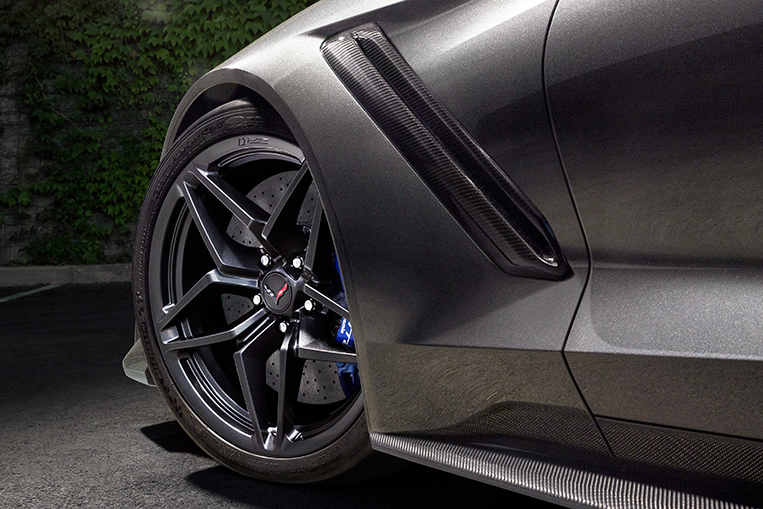
If there’s anything I learned after 10 years in the tire business, it’s this: Tires matter. The irony is that, to most people, they don’t.
Tires are not exactly cheap—one passenger-car tire (one piece, not one set) can cost anywhere from P2,000 to P15,000 depending on the vehicle application and the tire brand, yet these high-ticket items are often taken for granted. Why? Because on the surface, all tires look alike, save perhaps for the sidewall design and the tread pattern. I’ve seen many car enthusiasts splurge on a set of wheels but scrimp on tires.
On top of this, nearly all tire brands claim certain performance features that supposedly make their products stand out from the rest, whether it’s superior grip, better mileage, more comfort or even added fuel efficiency. It’s hard enough to choose one big, black, round doughnut over another—understanding how all the promised technology really works complicates things even further.
Then there’s that odd “moment of truth” when buying tires. I would argue that, in most cases, tires are purchased under duress. Rarely would you hear: “Honey, let’s go shop for a new set of tires this weekend.” Usually, it’s: “Ay, @#*%!!!! Sumabog ang gulong ko!!!” (“Oh, @#*%!!! My tire blew out!!!”)
Under such stress, you go to the nearest tire dealer (hopefully legit), bite the bullet, go with the salesperson’s or mechanic’s recommendation, and rush out to make it to your appointment. As things go back to normal, you’re bound to realize: “What was I thinking?”
I’ve seen many car enthusiasts splurge on a set of alloy wheels but scrimp on tires
Tires matter because: (1) it’s a high-ticket item so you need to get your money’s worth; (2) there’s rocket science in those black doughnuts; and (3) as much as you can, you would want to avoid buying tires under duress and being at the mercy of the mechanic. Without stating the obvious, your tires are the only four patches of rubber touching the ground when you’re driving at 100km/h. It’s not your expensive car or your shiny alloy wheels that really matter when the rain starts to pour.
So let me tell you the three things (just three, believe me) you need to know about tires.
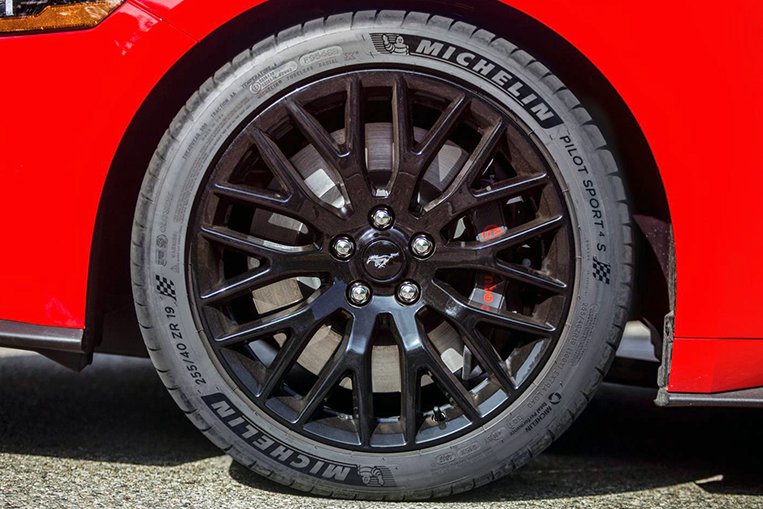
1. Warranty means quality. Most expensive items come with a warranty. Your gadgets, your home appliances, your car, your sports equipment, even your dental work. A tire warranty could come in several forms. There’s the standard warranty that protects consumers from any manufacturing defects, another that guarantees the service life or the tread performance of the tire, and still another that provides replacement in the event of tire damage incurred from road hazards. Some tire manufacturers are even confident enough to give a 30-day satisfaction guarantee.
You’d be surprised though that not all tire brands or dealers provide a tire warranty. A few shady tire shops will just tell you to come back if you encounter any problem, which, according to the questionable dealer, it hasn’t encountered. As a tire consumer, your policy should always be: No warranty, no purchase.
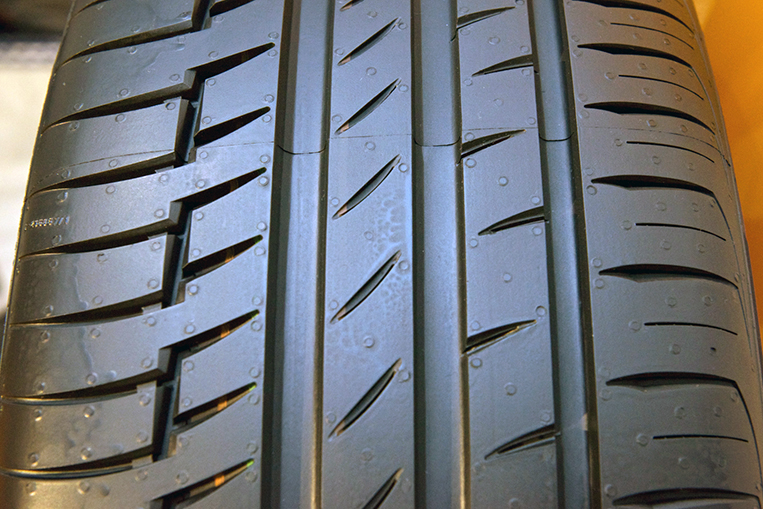
2. Learn tire technology. You know how people always say, “It’s not rocket science”? Well, tire technology is rocket science. Think of all the material that goes into the tire surface—natural and synthetic rubber, fabric, steel, etc. Each one has a unique and important function. These components are blended in a specific order and at a specific temperature to form a rubber compound that includes a filler (carbon black and silica) and various chemicals to promote elasticity and durability. After mixing all of these together, the tire “batch” is flattened before other stuff enters the mix (beads, plies, belts, tread, sidewall and others). A “green tire” is assembled in a tire drum to be cured and cooked inside a mold at very high temperatures.
Cooled down and ready to roll? Not just yet: The tires need to undergo rigorous tests and inspections to make sure they can withstand the stress and the mileage based on intended design, construction and performance specifications.
My advice? Just look into the tire’s grip performance (on both dry and wet roads) and maybe its comfort level. I like my ride to be soft and smooth even with our poor road conditions. Leading brands will have all this information on their official websites, and if popular enough, the tire model you’re considering will have already been the subject of several independent performance tests against comparable rivals.
Go beyond the product brochure and the sales pitch. A lot of information is available online. If you can’t find enough information on a tire, perhaps the brand isn’t worth considering. Rocket science doesn’t have to cost you a lot, but a bad tire choice will. Learn what your tires can do for you.
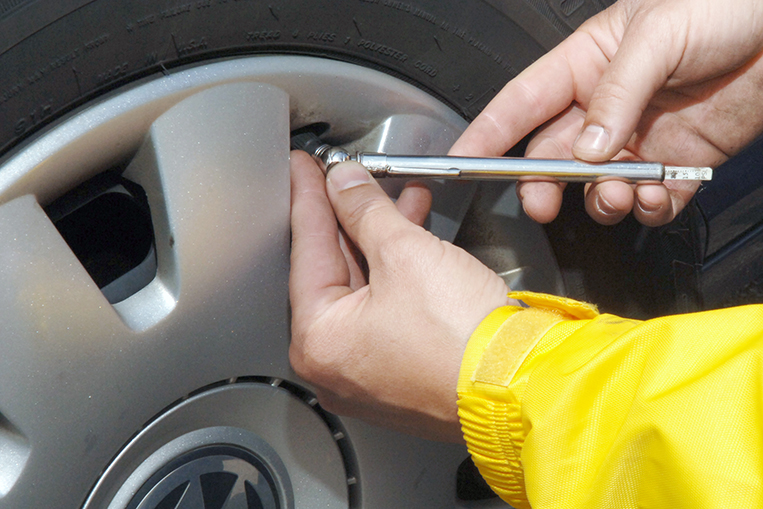
3. Maintain to sustain. My 18-inch SUV tires are still in very good shape after five years and more than 60,000km on the road. All it took was a little care and attention. And the nice thing is that I didn’t have to go out of my way for regular maintenance. Here’s how you can do it:
- Make sure your tires are always properly inflated. Assuming you visit the gas station once a week like I do, have your tire pressure checked at least once every four visits (or monthly). It’s always a good idea to check for proper inflation before going on a long road trip, too, particularly when you plan to transport more people or cargo. The recommended tire pressure for your vehicle is usually indicated by a sticker located on the door jamb or stated in the owner’s manual.
- Have your tires rotated every 10,000km—or sooner, depending on your usage. Do this when you have regular vehicle maintenance performed by your service center or mechanic. Tire rotation promotes even tread wear and helps prolong the service life of the tires.
- Inspect your tires regularly. Look for any unusual wear, blemish or deformity on the tread and the sidewall. Remove tiny stones embedded in the tread, as the hidden part may have a sharp edge that can gradually puncture the tire. If you accidentally run over a road hazard or pothole, pull over and check the impact area immediately.
Who wouldn’t want to reach their destination safely? Tires play a big part of that journey because you need them to do the job each time you step on the brakes or perform a quick turn. Know more about your tires, invest in the right ones, and then maintain them properly. If anything unusual or untoward happens, well, you can take comfort in the fact you’re covered by a warranty.

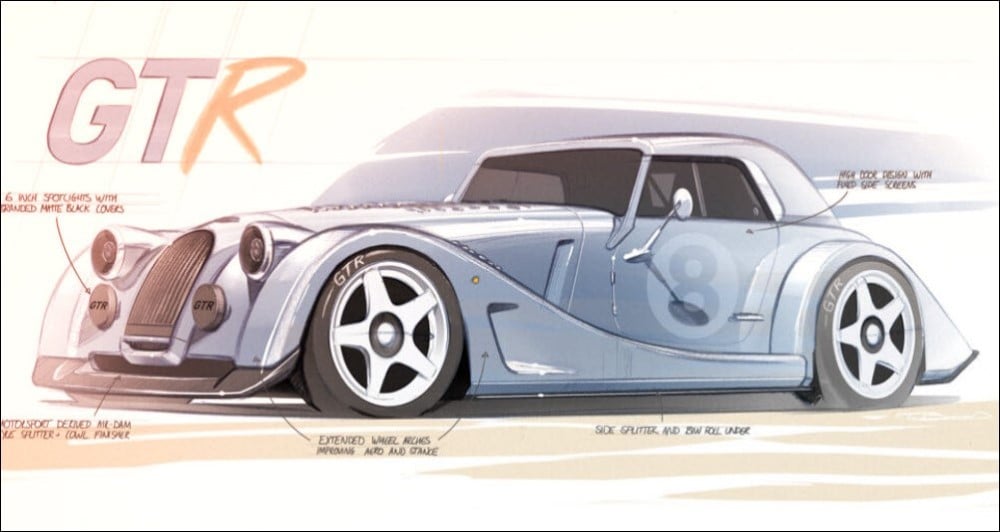

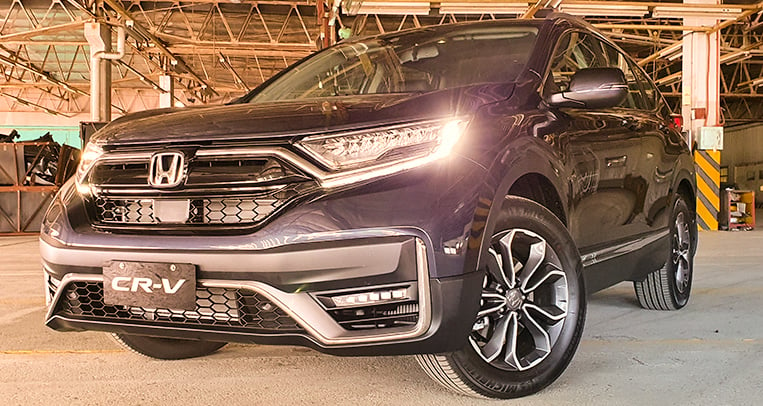


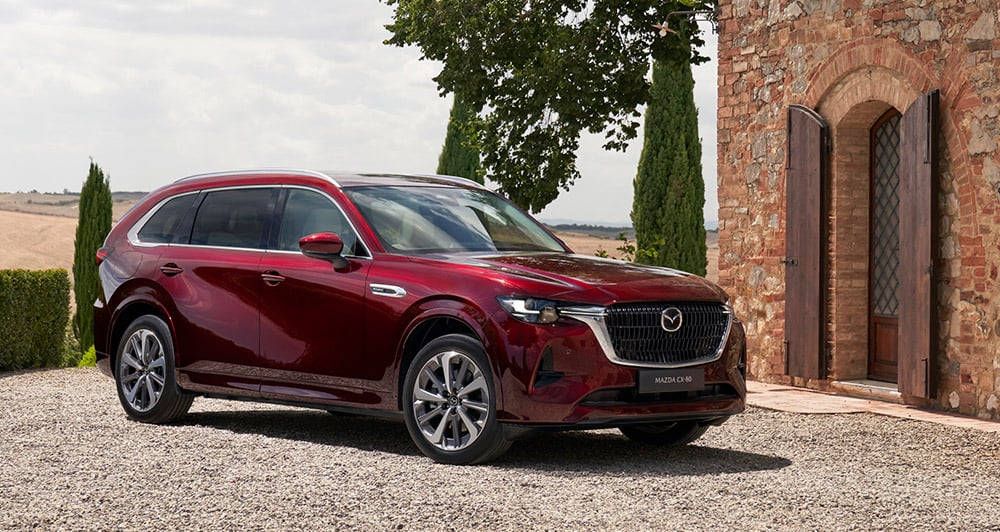




Comments